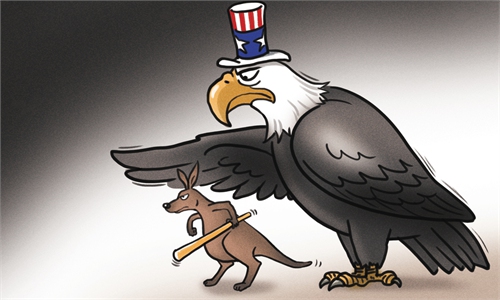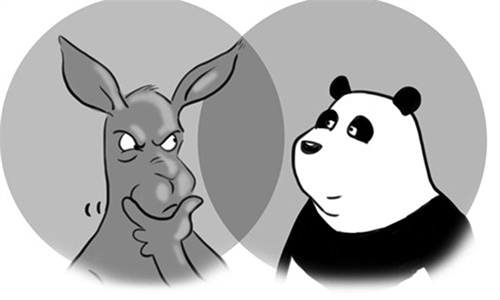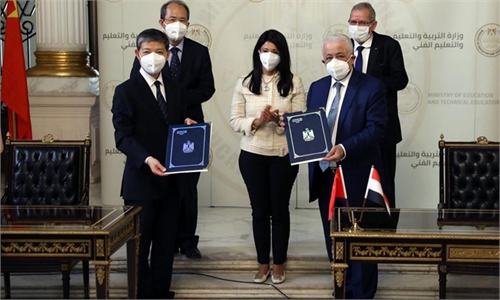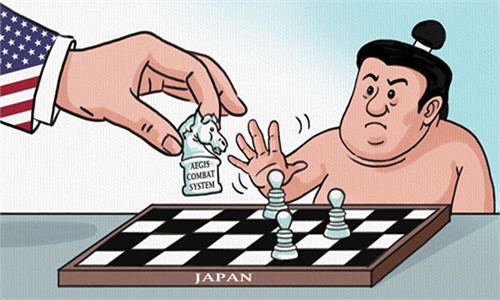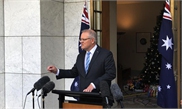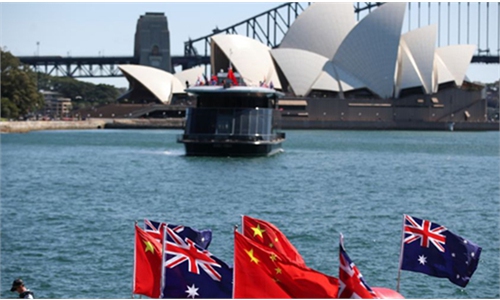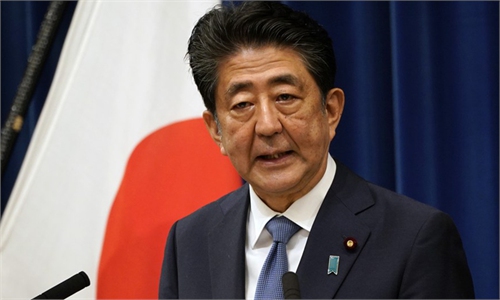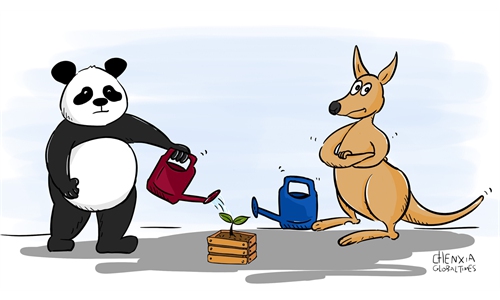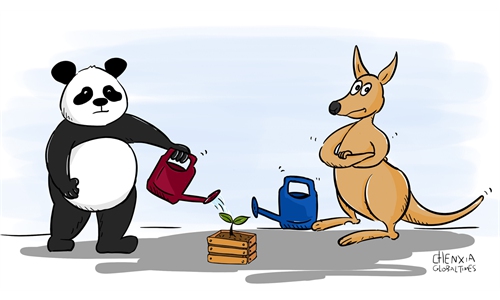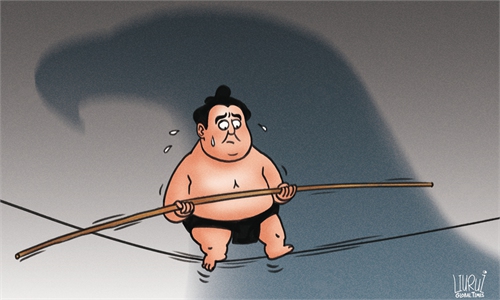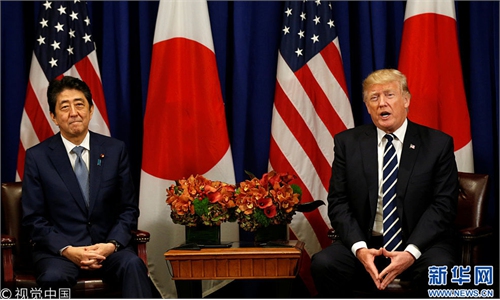Australia immature to be scared of Chinese scholars' candid opinions
I look forward to a more positive and constructive mind-set in Canberra, which is the key to bringing the bilateral relations out of its nadir to the right track.
Businesses' grievances should arouse reflection in Australia
Raiding Chinese journalists' homes, cancelling academics' visas … the political paranoia about "Chinese influence" is pushing Canberra into hysteria. While Aussie politicians seem determined to indulge their anti-China mindset to escalate tensions, its business community is voicing a louder opposition.
Australia's raid on Chinese journalists shows ugly duplicity on press rights
The “white terror” created by Australia cannot suppress China's noble and righteous spirit. Nor can its chilling effect block voices of justice from the insightful people of the international community.
China, Egypt sign protocol to teach Chinese language in Egyptian schools
Egypt and China signed on Monday a cooperation protocol to teach the Chinese language in pre-university schools in Egypt as a second optional foreign language.
Japan's plan for building anti-missile ships would undermine regional peace
Japan also believes the existing Aegis ships are not adequate to enhance its offensive capability. Specialized ships to counter ballistic missiles can work as a supplementary.
How will New Zealand's general election affect its China policy?
New Zealand has to some extent kept an independent China policy. But Wellington still finds it very difficult to be completely independent from the US.
Asian countries need own security architecture
While many Asia countries lack the ability to single-handedly solve regional security affairs, this does not mean Asian countries cannot construct their own security systems. They can make their own mechanisms that aim to promote dialogue and cooperation. They can cope with their own emergencies and conflicts.
Hurting ties with China will have consequences Australia cannot afford to bear
The government of Australian Prime Minister Scott Morrison will introduce legislation this week empowering the foreign affairs minister to review and cancel agreements between local governments and universities and foreign countries considered "detrimental" to Australia's foreign policy objectives. China, is the implicit target.
Australia risks backsliding into a poor country in Asia Pacific
There are few signs that Australia intends to stop provoking China, or to attempt to ease escalating tensions. Instead, its insistence on continuing along the US' lose-lose path toward decoupling will undoubtedly cause huge damage to its already severely injured economy.
Chinese view of Japanese PM shows seismic East Asia change
China is not worried about whether Abe's successor will change China-Japan relations. As long as China continues developing, no matter who succeeds Abe, the general trend of a gradual warming of China-Japan relations should remain stable.
How long can Australia weather economic strains?
If there is anything more frustrating for Chinese and Australian business circles than the deteriorating relationship between the two countries, then it is the lack of hope that the shadow over bilateral ties would dissipate in the short term.
Senior diplomat urges cooperation between China, Australia
China's deputy ambassador to Australia Wang Xining said officials from the two countries should not let cold hearts and dark minds cast a shadow over their partnership at a recent event, against a backdrop of escalating trade disputes.
Can Canberra's foreign policy really be independent?
China should try to seek common ground with Australia.
Why is Ottawa obstructing disclosure of information in the Meng Wanzhou case
It is time for Canada to heed the calls of those sensible Canadians and take actions based on the merits of this matter. An early and proper solution to this issue would help put China-Canada relations back on the right track.
China-Australia economic war unlikely despite confliction
As China's investment in Australia reaches a historical low, Canberra reportedly intends to block Chinese dairy firm Mengniu's acquisition plan to buyout an Aussie diary brand, with an offer of A$600 million ($431million), from Japan's Kirin Holdings.
Deploying aggressive US weapons will damage Japan's security situation
If Washington forcibly deploys the missiles at US military bases in Japan, Tokyo can create difficulties by refusing to assume expenditures to maintain the missiles.
China and the prospects for Latin American recovery
A glimmer of hope is offered by the fact that, in a rather depressing year in which global trade is projected to fall by 30 percent, trade between China and Latin America is starting to pick up.
Japan makes perilous gamble by coordinating with US strategy
It is not to Tokyo's pragmatic interests to make enemies with Beijing and Moscow.
